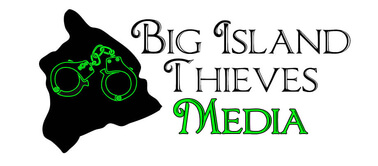A report by the Hawai‘i Department of Health’s State Laboratories Division (SLD) shows COVID-19 (SARS-Cov-2) variants of concern account for a greater percentage of total COVID-19 cases in Hawai‘i than ever and that percentage continues to increase. SLD also reports a growing presence of the P.1 variant which is highly infectious and may be more resistant to antibodies from vaccination or previous infection.
“Variants of concern now make up more than 90% of the genomes sequenced by our lab,” said SLD Director Dr. Edward Desmond. “We detected our first variants in January and in just four months they have replaced the original COVID-19 lineages as the COVID we find most often.”
SLD has detected 1,023 specimens of variants of concern since the first variant of concern was detected in Hawai‘i on January 21, 2021.
The B.1.429 variant, first found in California, was the dominant variant in March and early April. It has been detected 631 times.
The B.1.1.7 variant, first found in the United Kingdom, replaced the B.1.429 variant as the most dominant COVID strain in the state in late April. The B.1.1.7 variant now accounts for at least 61% of variants circulating in the islands. The B.1.1.7 has been detected 304 times.
“The B.1.1.7 and the B.1.429 variants are more transmissible than original COVID-19 lineages,” said Acting State Epidemiologist Dr. Sarah Kemble. “These variants move more easily from person to person and therefore may spread more quickly through the community and be harder to contain.”
The P.1 variant, first detected in Brazil, has been found in 36 specimens in Hawaii, including 22 on Maui and 13 on O‘ahu.
“The best way to protect yourself from the variants and slow their spread is to get vaccinated as soon as possible,” said Health Director Dr. Elizabeth Char. “We know the vaccines are effective against the current variants.”



